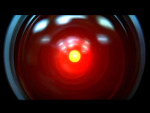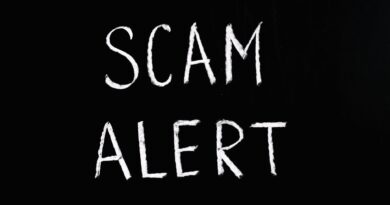
Human voices are the new bootleg records
[This was my column for GlobalNews.ca. – AC]
n early 1969, Ken and Dub, two music fans from Los Angeles, found themselves in possession of some unreleased Bob Dylan songs recorded in 1967 that had been sent as demos to his music publisher. Copies of the acetate recording spilled out among people working in the recorded music industry. Ken and Dub, both employees at a major record distributor, saw these songs as a lost Dylan album and saw a financial opportunity.
Using their connections, they found a record-pressing plant that would make copies. The result, a completely illegal and unauthorized album, was surreptitiously sold from the trunk of their cars under the title Great White Wonder.
By July 1969, the recording had spread all across North America and was even getting substantial radio airplay. The modern bootleg record had been born — and the recorded music industry had a brand new problem on its hands.
Bootlegs proliferated through the 1970s. Some originated from people working in recording studios. Others were dubbed from test pressings and cassettes that were meant for internal use. Enterprising bootleggers kept an eye on the dumpsters outside recording studios, waiting for someone to throw out used reels of audio tape, some of which contained unreleased gold at best and at worst, interesting audio documentation of the creation of an album.
Organizations representing the recorded music industry worked with law enforcement to clamp down on bootleggers but were faced with a global game of Whack-a-Mole. Production moved to countries where intellectual property laws were lax and law enforcement of such things was sketchy: China, Russia, Poland, Ukraine and Indonesia. Other territories — Italy, for example, along with tiny San Marino — had copyright laws where various types of bootlegging weren’t illegal at all under certain circumstances. Even in the U.K., live recordings that meet specific criteria are still considered legit. I never leave London without buying a few.
I’ll get to the human voices part. Keep reading.




And now we have AI. The whack-a-moles are multiplying… like rabbits.
Yay! I can’t wait to find out I’ve put out an album that blows the roof off this mother.
I bet I f***ing ROCK!